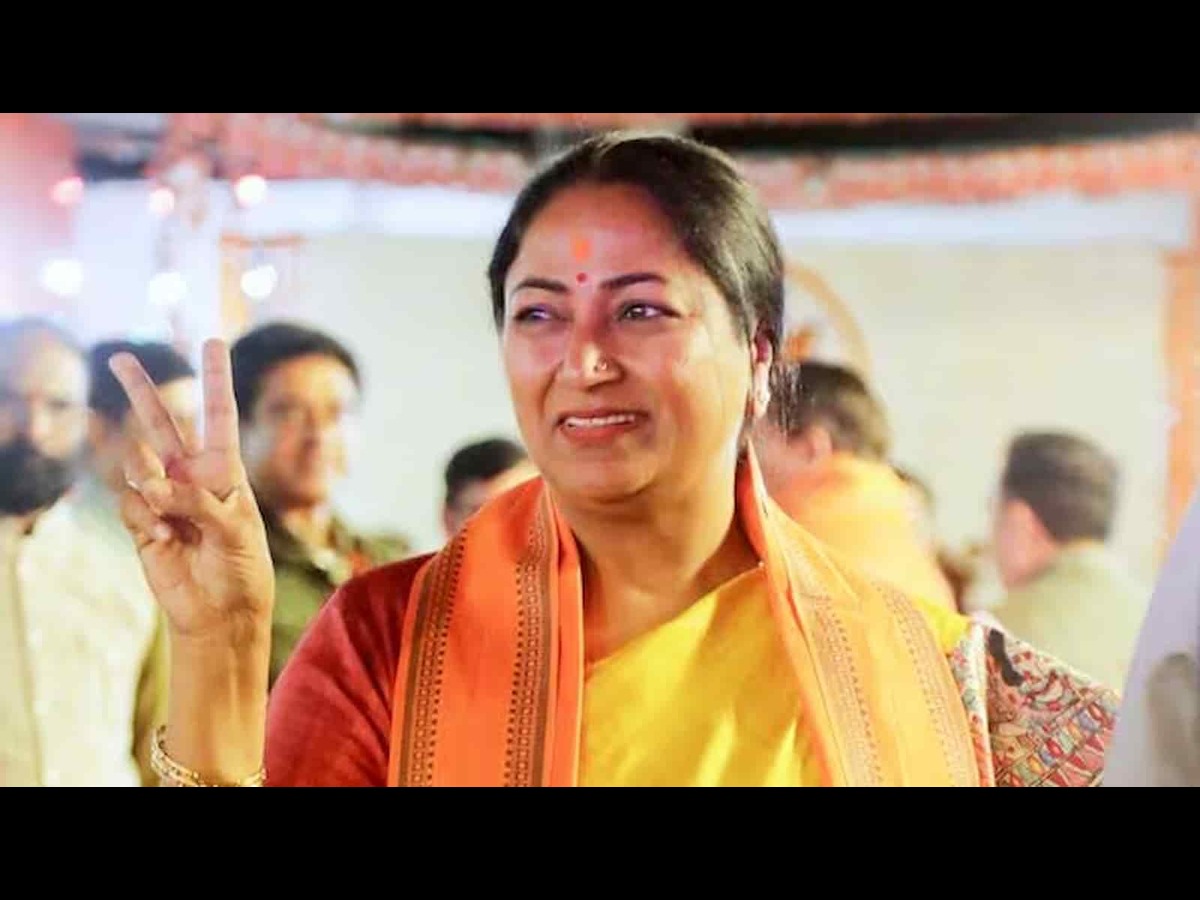In an attempt to simplify preparations for the upcoming Navratri festival, Delhi Chief Minister Rekha Gupta announced a game-changing initiative: all permissions for Ramlila performances in the capital will now be processed through a single-window system at the district level under the leadership of District Magistrates.
The decision emerged from a high-level meeting chaired by Lieutenant Governor Vinay Kumar Saxena at Raj Niwas, attended by senior officials and representatives of the Delhi Ramlila Federation.
This year’s Ramlila festivities are slated to run from September 22 to October 2, with approximately 600 performances across Delhi, of which around 100 are grand-scale events.
Organizers have long demanded relief from bureaucratic hurdles specifically, delays in acquiring land and obtaining various No-Objection Certificates (NOCs) from departments such as the Delhi Development Authority and the Municipal Corporation’s horticulture wing.
To address these concerns, the single-window system will consolidate approvals under the District Magistrate’s office, ensuring seamless issuance of all necessary permissions.
Additionally, the government has approved two significant reforms:
-
The security deposit for land has been reduced from Rs.20 per sq. m to Rs.15 per sq.m.
-
The entertainment area encompassing rides, food stalls, and auxiliary attractions has increased from 25% to 40% of the total event space.
To resolve disputes over stalls and rides promptly, a committee has been formed that includes a deputy director-level officer from the DDA and two representatives from the Ramlila Federation; it will liaise with relevant departments when necessary.
Organizers also requested ambulances at each venue for emergencies, an appeal acknowledged by CM Gupta to ensure smooth staging.
Rekha Gupta highlighted that Ramlila is not only a religious tradition but a cultural canvas that unites communities. The new system, she said, reflects the government’s commitment to preserving heritage while fostering efficiency and social cohesion.
Also Read: Supreme Court Calls Bihar’s Voter Roll Revision “Voter-Friendly, Not Exclusionary”







